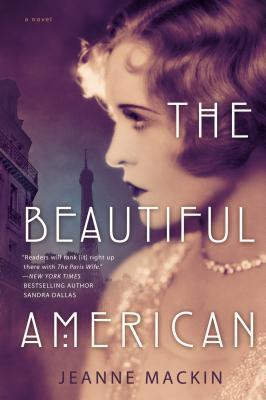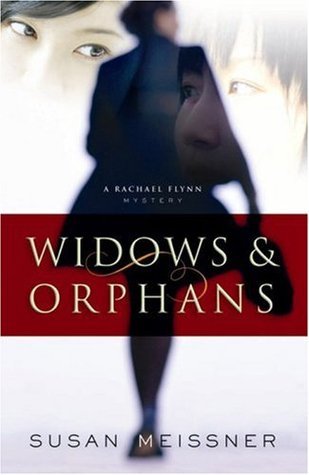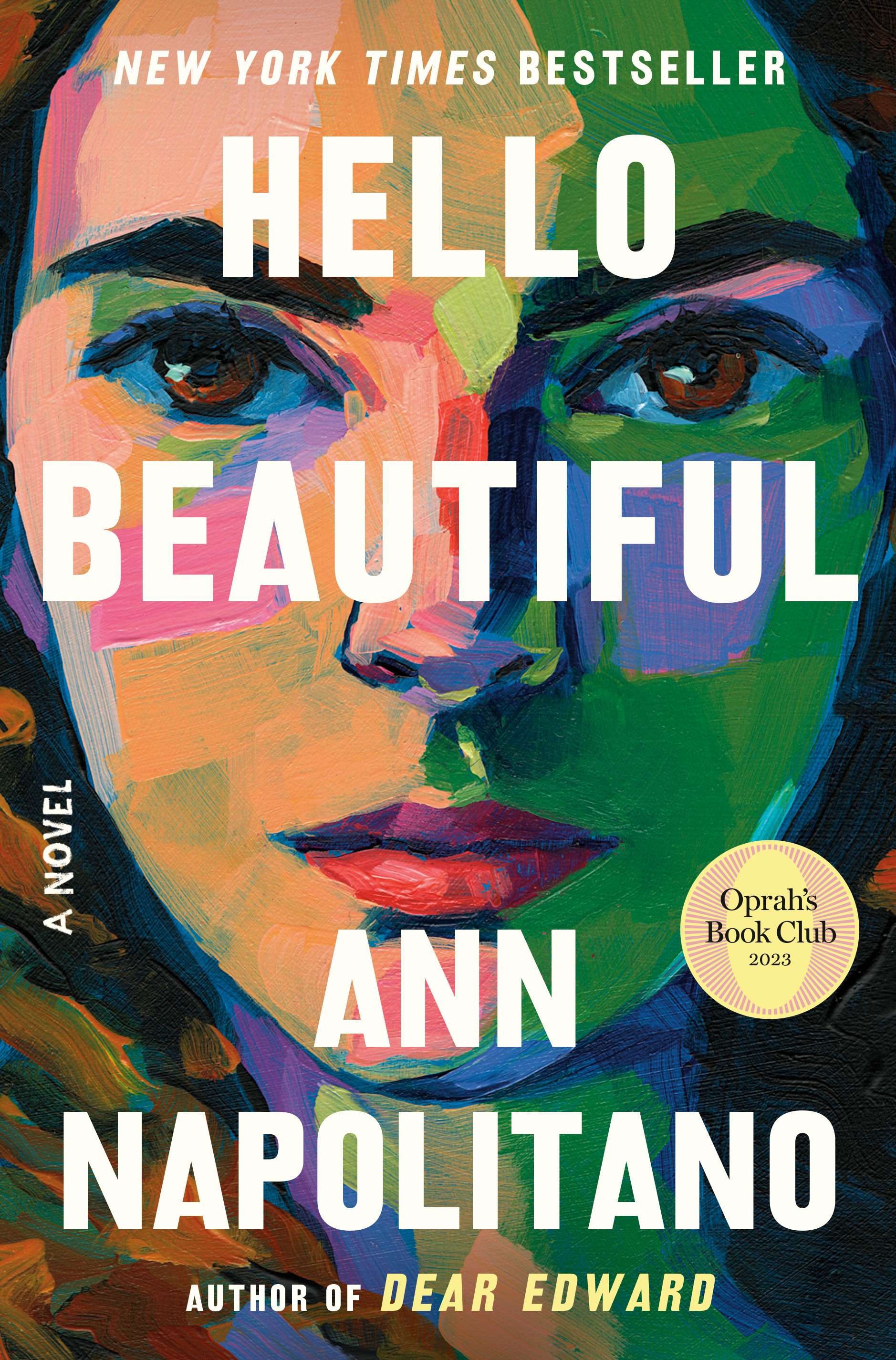
Only the Beautiful
Book Description
Where beauty is both a gift and a curse, an unexpected bond between two women becomes a lifeline against the backdrop of war-torn Europe. As secrets unravel and tensions rise, their friendship is tested by the horrors of a world at the brink of collapse. Caught between the desire for freedom and the price of loyalty, they must navigate a treacherous landscape filled with betrayal, loss, and the haunting quest for identity. As darkness encroaches, will love and courage be enough to prevail? Can they find a way to reclaim what has been lost, or will beauty become their greatest danger?
Quick Book Summary
"Only the Beautiful" by Susan Meissner is a poignant historical novel set against the backdrop of World War II, exploring the intersecting lives of two women bound by fate and circumstance. Rosanne, a young American woman with a mysterious chromesthesia condition, finds herself institutionalized after the death of her parents. Her gift of seeing colors with sound—once cherished—becomes a liability in a society that fears difference. Concurrently, Helen, an Austrian housekeeper fleeing the horrors of Nazi-occupied Europe, searches for hope and connection in a world fractured by war. As their lives converge, each woman must grapple with loss, personal identity, and the moral choices imposed by a society in chaos. Their unexpected bond becomes a source of resilience, illuminating the enduring power of courage, love, and sacrifice—even as the beauty within them lingers precariously between blessing and curse.
Summary of Key Ideas
Table of Contents
The Burden and Gift of Difference
At the story’s heart is Rosanne, a teenager living with chromesthesia, a neurological condition allowing her to see colors when she hears sounds. After a tragic accident claims her parents, Rosanne is placed in the care of distant relatives, but her difference draws suspicion. Set in 1930s and 1940s California, the novel probes how society treats those who do not conform, with Rosanne’s special talent becoming a burden during an era of intolerance. When she is separated from her home and institutionalized under forced eugenics laws, her journey becomes a haunting exploration of beauty misunderstood and persecuted.
Female Friendship Amidst War
Meanwhile, Helen, a beloved Austrian housekeeper for Rosanne’s family, faces the perils of Nazi-occupied Europe. Having fled her homeland and endured unspeakable loss, Helen seeks sanctuary and a role in California, haunted by secrets and longing for justice. The parallel narratives of Rosanne and Helen converge as Helen uncovers the truth behind Rosanne’s disappearance. Their stories entwine, demonstrating how courage in the face of oppression can inspire quiet revolutions of compassion and hope. Across continents and ideologies, their bond becomes a lifeline, linking disparate experiences of suffering and resilience.
The Dangers of Eugenics and Prejudice
A central theme is the devastating impact of eugenics in both the U.S. and Europe. The novel vividly depicts how discriminatory policies—arising from the desire to purge society of those deemed “unfit”—transform lives. Both women confront systems designed to extinguish beauty perceived as threat. As Rosanne endures the brutality of forced institutionalization, Helen’s memories of Nazi policies echo the dangers of unchecked prejudice. Meissner’s narrative deftly weaves personal pain with historical atrocities, underscoring the universal consequences of intolerance.
Identity, Loss, and Resilience
Throughout, “Only the Beautiful” interrogates the notions of belonging, identity, and loss. Each woman is forced to redefine her sense of self amid chaos and upheaval. Beauty, in all its forms, reemerges as a double-edged sword—fueling joy and connection, yet marking its possessors for suffering. Friendship becomes a transformative force, sustaining the women through grief and horror while catalyzing their quests for liberation and belonging. The profound trials each faces are offset by moments of grace and mutual understanding.
Sacrifice and Hope in Dark Times
Ultimately, the story is about sacrifice, hope, and the endurance of love against overwhelming odds. Both Rosanne and Helen are compelled to fight for what is lost and what might yet be reclaimed. As their choices ripple outward, the possibility of redemption and healing takes root, even when darkness threatens to prevail. With evocative prose and intricate characterization, Susan Meissner’s novel invites readers to question who determines the value of a life and to find beauty not just in appearances, but in the courage to resist injustice.
Download This Summary
Get a free PDF of this summary instantly — no email required.





